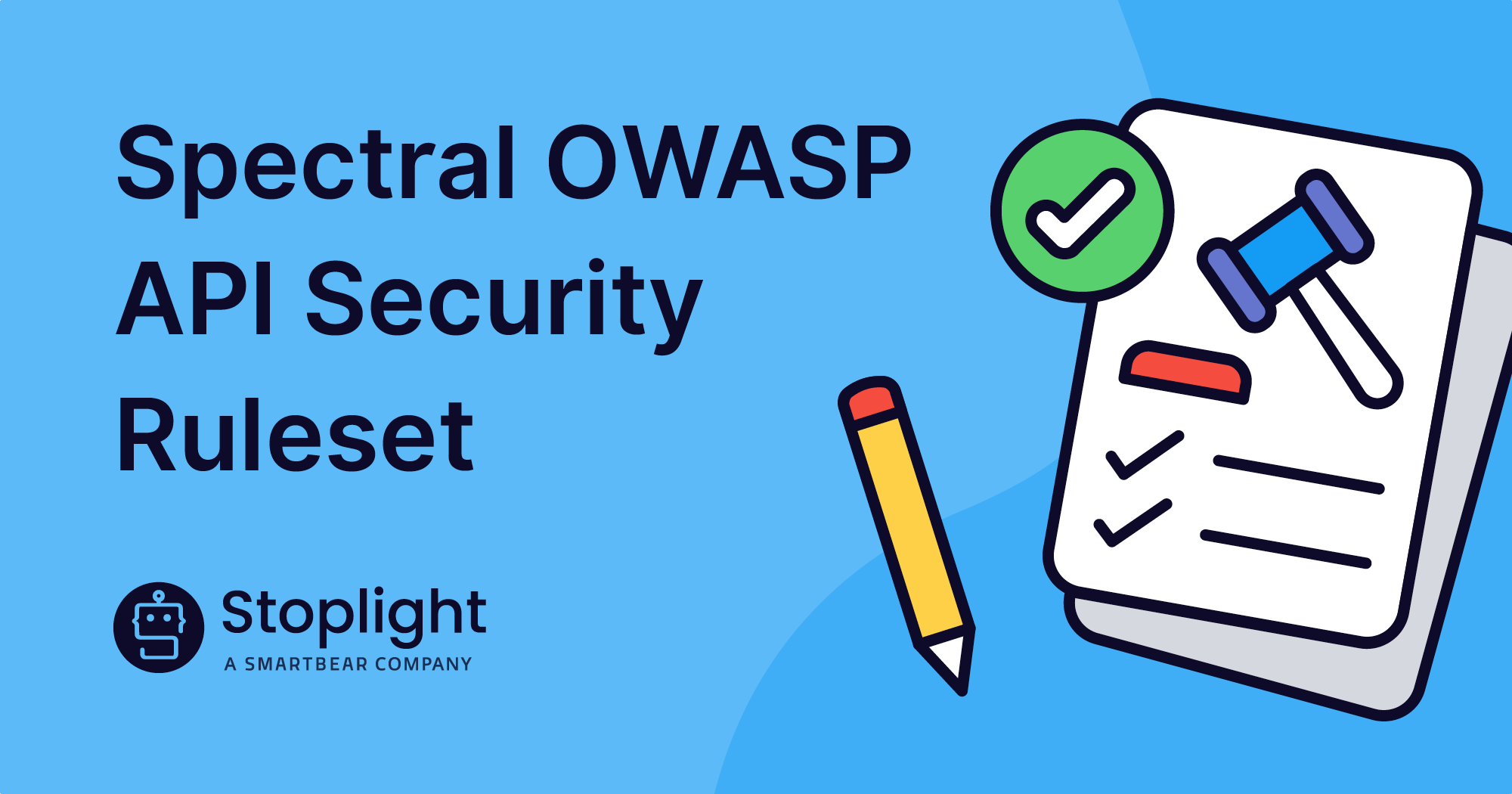APIs that your organization builds are products, and the success of those products depends on people; even though APIs are technology, people ultimately decide whether or not to use your API. For your APIs to be successful, you need to tap into communities of potential API users. The people in your organization are one such community, and many of them are already familiar with what you’re doing.
But not only are they potential users, they are also people who understand the value of your API program and how they will benefit when the program is successful. Best of all, internal users can provide early feedback during the design process to make sure the APIs you produce will align with users’ needs and expectations.
We call these people API champions, and you will need them within the user community outside of your development team. But where can you find these critical influencers within your organization? Here are some good places to look:
1. Teams Who Need Your API the Most
The people who will be most motivated to help are those who have software needs that are not being met by legacy technologies or internal development already happening in your organization. You’ll need to identify these teams by the primary use cases for your API. For instance, a team that requires a payment system could benefit from one of the incredible APIs available on the market instead of trying to stand up a payment system from scratch.
Chances are, these teams already spend a considerable amount of time tinkering with the technology they have and are trying to get a better outcome. When you reach out to these people, the key is to focus on the highly customizable, secure, fast, and cost-effective outcomes made possible by good APIs. If they’ve been boxed in by clunky proprietary software, they will likely be interested in what you have to say.
2. Among the Early Adopters
Early adopters make great API champions, and you can find them all over the organization. These folks make great advocates for API programs because they tend to embrace technology and are often eager, or at least curious, to try new solutions.
Another benefit of early adopters is that they are frequently the go-to tech experts within their groups, so people will listen to them when they champion your APIs.
3. Where People Are Busy Working the Levers
Within most companies, there are important individual contributors who make the donuts, so to speak. These are the frontline people who make things happen such as support, operations, and engineering. Members of these teams can be fantastic API champions for a couple of reasons:
First, they have direct knowledge of the company’s needs and how existing technologies are used to get the work done. If the APIs work for them, they will likely work for many more users. Second, these folks are often trusted advisors for their leadership and others in the higher levels of the organization who don’t have direct involvement with the production. If you can win the confidence of these key contributors, you may also be successful in winning over the leaders who listen to them.
4. At the Top
Active C-level support is critical to implementing any significant organizational change, including API programs. If you can get them on board, leaders have a great deal of influence and social capital and can be highly effective API champions — but that can be a big if. People at this level are busy and can be susceptible to over-committing, but it’s still worth asking.
If leaders are not available to help, you can ask them to delegate someone on their team to serve as an API champion. This is still a good outcome, because the delegate you work with will likely be fairly high up, and your project will be on the leader’s radar to some degree.
5. Where the Money Is
Financial champions differ from technical champions as they may be less interested in the APIs than the business outcomes the APIs make possible. In other words, it’s all about the money for these folks. They have a fiduciary responsibility to keep the company operating in the black while finding ways to purchase new technologies to address ever-evolving needs. To get their attention, tell them how much APIs can reduce labor-related expenses and any other expenditures the APIs may positively affect. Do that, and they should be all ears.
One benefit of landing a financial champion is that these people are typically known and respected at the highest levels of the organization, and their circles of influence may cover the entire C-level. Financial champions are in positions to advocate for your API program at the highest levels of the organization, and you would do well to bring them into the design process from the outset.
It Takes a Village
APIs are unique in that they must be so tightly oriented to the user community to be successful. In some ways, the API champions who will give you early feedback and then advocate for the API’s adoption are almost as important as the development team — so you need them from every corner of your organization.
What are your tried-and-true tactics for identifying API champions? Feel free to share some tips below or tweet us @stoplightio.

